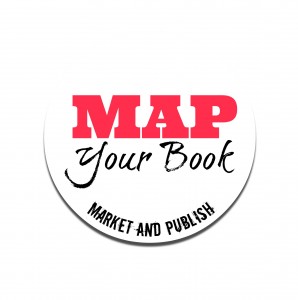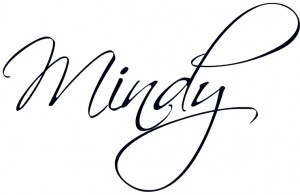The easiest way to get your book successfully marketed and published is to have a powerful author platform. Why? Because authors with platforms sell books.
Which begs the question for most us … what exactly is an author platform, where do you get one, and how do you make it powerful?
First, let’s think of it in general terms. An author marketing platform is what you need to get noticed by buyers, agents, editors, reviewers, potential clients, or whomever it is you’re targeting with your book.
But to understand it on a practical level, we need to dig into how author platforms might vary in size, scope, and focus.
So today I’m going to give you a basic framework for understanding author platforms and why you need one.
Birds-Eye View of Author Platforms
A well-thought out author platform shows off your expertise, credibility, and interests. More importantly, it’s easy to digest. It’s a way for potential readers to connect with you and understand in five minutes or less who you are and what you’re about.
A platform also means you take your writing career seriously. It means you’re looking at the big-picture over the long-term, and you’re not just in this game as a way to pass the time.
[Note: If you’re here because it’s always been your goal to write and publish a book but you don’t plan to make writing a long-term career, that’s fine. Your platform can mean you take your book (or viewpoint, or unique message) seriously, and you want others to as well.]
A barebones platform explanation is that you at least have a web presence – meaning a website dedicated to your book or writing career, along with a social media profile – again, that’s dedicated to your book or writing career.
That could mean you have a website focused solely on selling your book, similar to this page set up by author Ann Handley for her book, Everybody Writes: Your Go-To Guide to Creating Ridiculously Good Content.
She also has a dedicated Facebook page for the book, found here.
If that were all she’d done, it’d still be a pretty good setup. But Ann Handley has her own professional website, a Twitter presence with the handle @MarketingProfs and 296K followers (MarketingProfs is where she serves as Chief Content Officer), and a LinkedIn presence with nearly 60K followers.
It’s a breeze for anyone new to world of Ann Handley to get a good feel for her writing style, her humor (she’s pretty funny), and the little personality quirks that make her stand out – like her love of Cavalier King Charles Spaniels, which is what first led me to reading a post on her page.
Depending on where your audience is (and here’s how you find out), you might choose a different set of online and offline outlets. That could mean any combination of the following:
- Professional website built to inform
- Professional website with an email list
- Facebook groups and pages
- Twitter # discussions and lists
- LinkedIn discussion groups
- Google+
- Goodreads
- Tumblr
- Blogging
- Blogging on other people’s blogs
- Public speaking
- Live events
- Specialized social groups
What you pick, and the order in which you start setting up profiles and presences within each, depends on your overall goals as a writer. Here’s how to match your goals to your platform.
The bottom line is, you need an author marketing platform. It’s the key to getting noticed as an author.
To making this a game-changing year,








